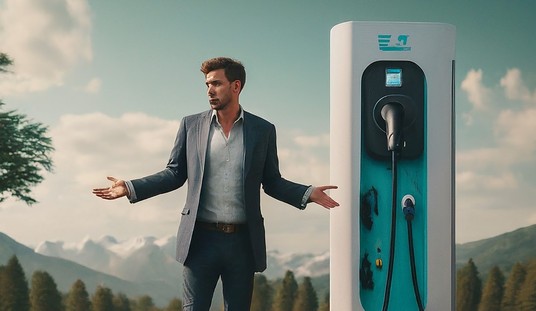Ever since 1983 when the Supreme Court legalized the chokehold as a legitimate restraining technique by police, it has drawn controversy. The reason is simple: unless performed by someone who is well trained, it can kill. Even using a chokehold short of death, the results for the suspect can be debilitating as there may be “short-term memory loss, hemorrhage and harm to the retina, concussions from falling when unconscious, stroke, seizures, permanent brain damage, and coma.”
The knee on the head and neck of George Floyd led directly to his death. Another high-profile death from a chokehold was Eric Garner, who died at the hands of police in New York in 2014. Garner, however, had other health issues that contributed to his death.
That’s the real danger. If a suspect has underlying health problems, the chances of dying as a result of a “sleeper” hold are much greater.
For this and other reasons, there is a serious effort underway for Congress to pass a law that would ban police from using chokeholds nationwide. New York, Illinois, and several other states have banned the practice. New York Governor Andrew Cuomo endorses the effort.
Governor Andrew M. Cuomo today proposed a positive reform agenda amidst the ongoing protests across the state and nation in response to the killing of George Floyd. The reform agenda includes a national ban on excessive force and chokeholds by law enforcement officers; independent investigations of police abuse conducted by independent, outside agencies – not by local prosecutors; and disclosure of disciplinary records of police officers being investigated.
Around the world, the controversy over police chokeholds in France and Hong Kong have already led to protests.
“We cannot say that the American situation is foreign to us,” said French lawmaker Francois Ruffin, who has pushed for a ban on the police use of face-down holds that are implicated in multiple deaths in France, a parliamentary effort put on hold by the coronavirus pandemic.
The muscular arrest on May 28 in Paris of a black man who was momentarily immobilized face-up with an officer’s knee and upper shin pressing down on his jaw, neck and upper chest is among those that have drawn angry comparisons with the killing of Floyd on May 25 in Minneapolis.
The Paris arrest was filmed by bystanders and widely shared and viewed online. Police said the man was driving under the influence of drugs and alcohol and without a license and that he resisted arrest and insulted officers. His case was turned over to prosecutors.
While defending the use of the chokehold, police are very wary when it comes to employing them.
If you are going to use a chokehold, you need proper training and need to know if it is permitted by policy. Proper training includes recognizing unconsciousness, so that chokes are not applied any longer than necessary, especially the air choke. Further, it is vital that officers understand that certain members of the population are at higher risk of incurring injury or death as a result of a chokehold. Such individuals include those with cardiac disorders and younger people whose central nervous systems have not completely developed.
Continuing training is necessary in order to ensure that officers are up-to-date with the latest knowledge about chokeholds, and to help them maintain their familiarity with performing them. Such education needs to include the anatomy of the neck, medical issues, necessary precautions, and proper application. Also, it is essential that officers receive training on reviving an assailant who has fallen unconscious. Such skills should be learned from expert trainers, and not just from an article, as both practice and theory are necessary in order to master the safe use of a chokehold.
Police say that sometimes, putting a knee on the neck or torso of a suspect happens during the normal course of a struggle. Then what? Are cops supposed to get up and allow the suspect — armed or not — to have another go-around with them?
Deliberately applying a chokehold to a suspect in order to immobilize them should be illegal. There are other means to restrain a struggling or violent suspect without putting either the officer’s or the suspect’s life in danger. As long as those options are available. they should be used in preference to any kind of a chokehold.










Join the conversation as a VIP Member